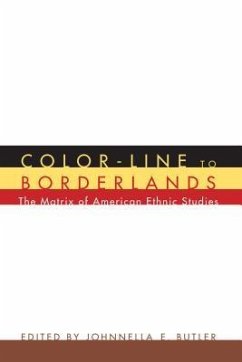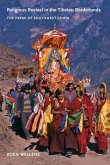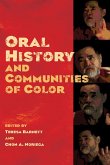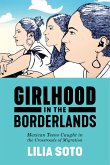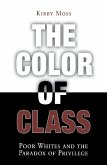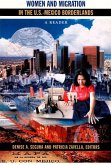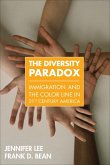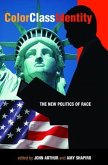"Ethnic Studies has drawn higher education, usually kicking and screaming, into the borderlands of scholarship, pedagogy, faculty collegiality, and institutional development", Johnnella E. Butler writes in her Introduction. This collection of lively and insightful essays, with contributions from some of the most prominent scholars in Ethnic Studies today, explores varying approaches, multiple methodologies, and contrasting perspectives within the field. Essays trace the historical development of Ethnic Studies, its place in American universities and the curriculum, and new directions in contemporary scholarship. The legitimation of the field, the need for institutional support, and the changing relations between academic scholarship and community activism are also discussed. The institutional structure of Ethnic Studies continues to be affected largely by national, regional, and local attitudes and events, and Ronald Takaki's essay explores the contested terrains of these continuing culture wars. Manning Marable delves into theoretical aspects of writing about race and ethnicity, while John C. Walter surveys the influence of African American history on U.S. history textbooks. Elizabeth Cook-Lynn and Craig Howe explain why American Indian Studies does not fit into the Ethnic Studies model, and Lauro Flores traces the historical development of Chicano/a Studies, forged from the student and community activism of the late 1960s. Ethnic Studies is simultaneously discipline-based and interdisciplinary, self-containing and overlapping. This volume captures that characteristic as contributors raise questions that traditional disciplines ignore. Essays include Lane Ryo Hirabayashi andMarilyn Alquizola on the gulf between postmodernism and political and institutional realities; Rhett Jones on the evolution of Africana Studies; and T V. Reed on the trajectories of Ethnic Studies and Women's Studies and their relations with marginalized communities. Shirley Hune
Hinweis: Dieser Artikel kann nur an eine deutsche Lieferadresse ausgeliefert werden.
Hinweis: Dieser Artikel kann nur an eine deutsche Lieferadresse ausgeliefert werden.

